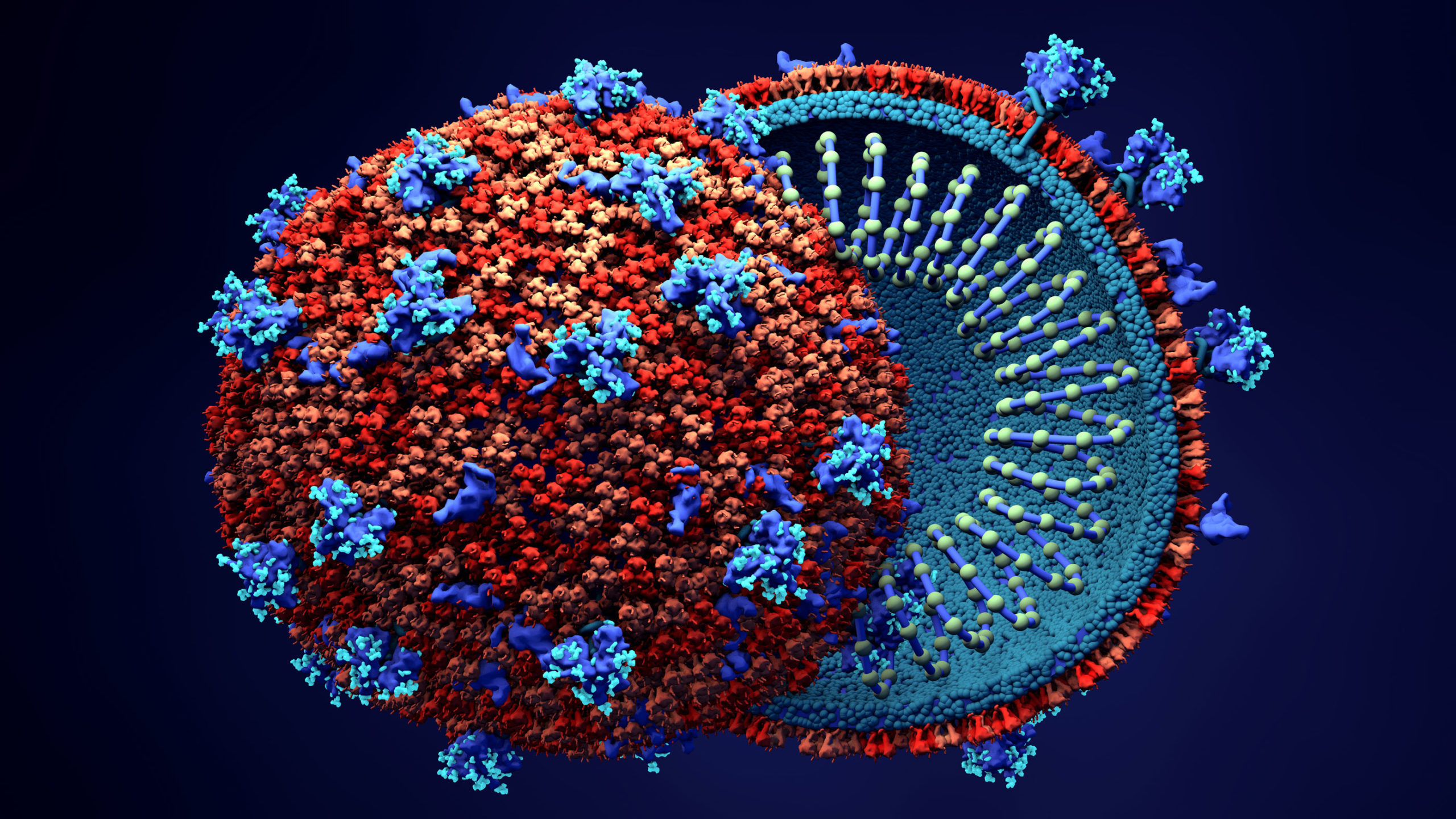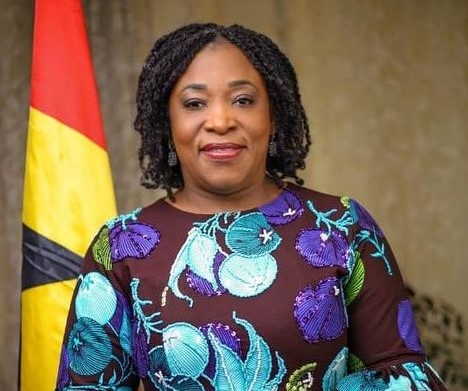
Corruption, the abuse of public office for private gain, is about more than wasted money: it erodes the social contract and corrodes government’s ability to help grow the economy in a way that benefits all citizens. The COVID-19 pandemic has heightened the importance of stronger governance for three reasons.
First, governments around the world are playing a bigger role in the economy to combat the pandemic and provide economic lifelines to people and firms. This expanded role is crucial – but it also increases opportunities for corruption. To help ensure the money and measures are helping the people who need it most, governments need timely and transparent reporting, ex-post audits and accountability procedures, and close cooperation with civil society and the private sector.
Second, as public finances worsen, countries need to prevent tax evasion and the waste and loss of funds caused bycorruption in public spending.
Third, crises test people’s trust in government and institutions, and ethical behaviour becomes more salient when medical services are in such high demand. Evidence of corruption could undermine a country’s ability to respond effectively to the crisis, deepening the economic impact and threatening a loss of political and social cohesion.
During this crisis, the IMF hasn’t taken its eye off the ball of our governance and anti-corruption work. Our message to all governments has been clear: spend whatever you need but keep the receipts, because we don’t want accountability to be lost in the process.
In our lending work, we have provided quick disbursements to meet urgent needs. At the same time, enhanced governance measures to track COVID-19-related spending (PDF) have been part of the emergency financing for countries to fight the pandemic.
Borrowing countries have committed to (i) undertake and publish independent ex-post audits of crisis-related spending, and (ii) publish crisis-related procurement contracts on government’s website – including identifying companies awarded the contract and their beneficial owners. The IMF also ensured that emergency resources are subject to the IMF’s Safeguards Assessment policy.
Long-term reform beyond the crisis
Governance safeguards for emergency assistance related to COVID-19 are part of a more comprehensive effort by the IMF to improve its member-countries’ good governance and efforts to tackle corruption.
The IMF has significantly increased its focus on governance and corruption over the last few years. We adopted in 2018 an enhanced framework designed to make our work with countries more candid, evenhanded, and effective. This laid the foundation for our COVID-19 policy and lending response, wherein stronger governance matters even more.
We recently assessed our progress in recent years and published the findings in a staff analysis. Here are the key highlights:
- We speak more candidly and in-depth about governance issues with countries. Text mining analysis shows that we increased coverage of governance and corruption issues in our annual assessments of countries’ economic health and in our lending programmes. Governance-related references more than doubled in staff reports during the 18 months after the IMF approved the framework, compared with 2017. In 2019, the IMF discussed governance with countries four times more than the average over the prior ten years. Just recently – for instance – our surveillance work has focused on central bank governance and operations in Liberia; financial sector oversight in Moldova; and the anti-corruption frameworks in Mexico. Fund staff are proposing more concrete governance and anti-corruption recommendations.
IMF-supported lending programmes include specific conditionality related to governance and anti-corruption reforms, with governance improvements now being a core objective of many programmes.
- We have stepped up technical assistance and training to help countries strengthen governance and anti-corruption efforts. We aim to help countries improve governance in areas such as tax administration, expenditure oversight, fiscal transparency, financial sector oversight, anti-corruption institutions, and asset declarations for senior officials. This includes governance diagnostic missions to a dozen countries, comprising detailed analysis of governance weaknesses based on legal frameworks and proposing prioritised solutions.
- Moreover, so far, ten advanced economies – Austria, Canada, the Czech Republic, France, Germany, Italy, Japan, Switzerland, the United Kingdom and United States – have participated in the voluntary assessment of their national frameworks to limit opportunities for transnational corruption. The purpose of the assessments, conducted by the IMF is to determine the degree to which a country does two things: (1) criminalises and prosecutes bribery of foreign public officials; and (2) prevents foreign officials from concealing corrupt proceeds in its own financial system or domestic economy. The IMF strongly encourages member-countries to volunteer for such coverage in its annual economic health checks.
Curbing corruption requires government ownership of reforms, international cooperation, and a joint effort with civil society and the private sector. It also involves political will and the assiduous implementation of reforms over months and years.
This crisis will sharpen our focus on governance in the years ahead because of the pandemic’s devastating effects and costs for people and economies. Countries can’t afford to lose precious resources at the best of times, and even less so during and after the pandemic. If ever there was a time for anti-corruption reforms, it is now.
The post Corruption and COVID-19 appeared first on The Business & Financial Times.
Read Full Story











Facebook
Twitter
Pinterest
Instagram
Google+
YouTube
LinkedIn
RSS